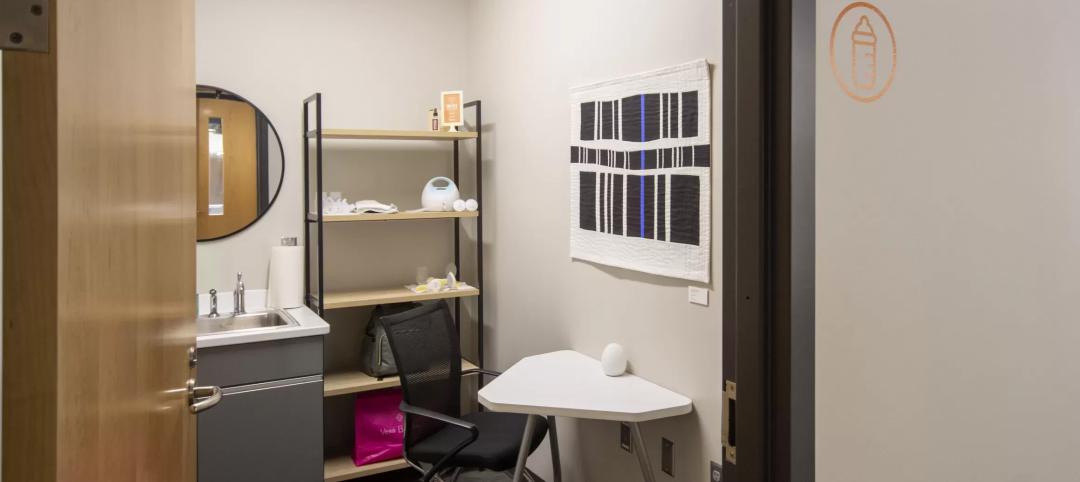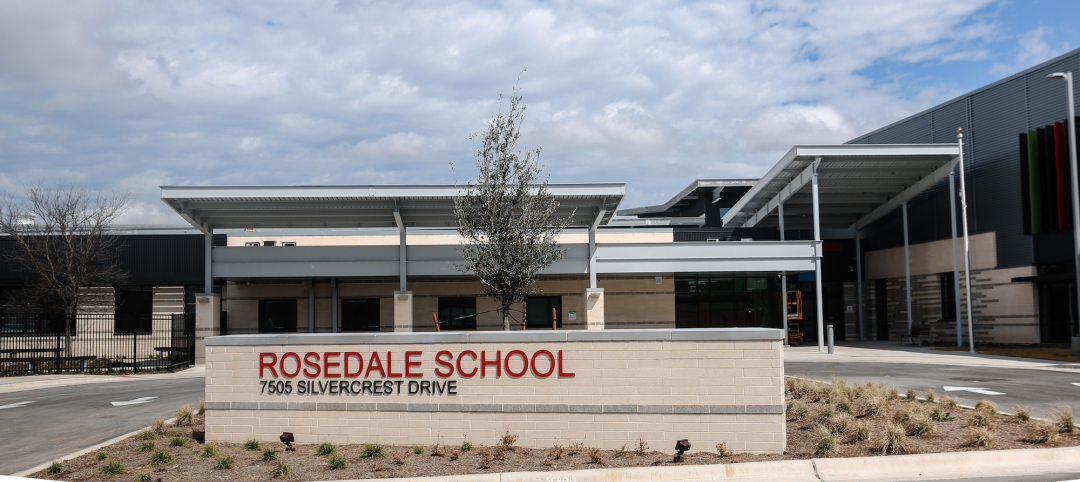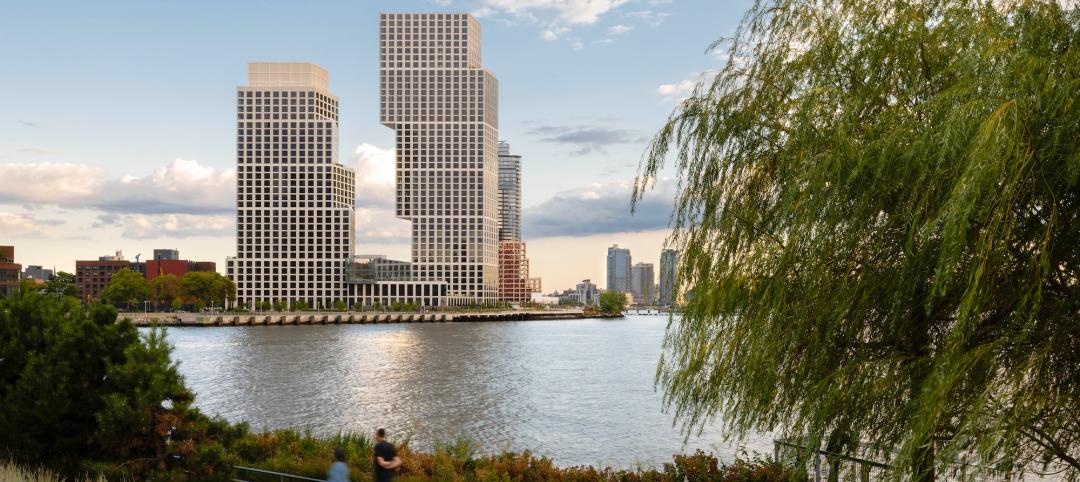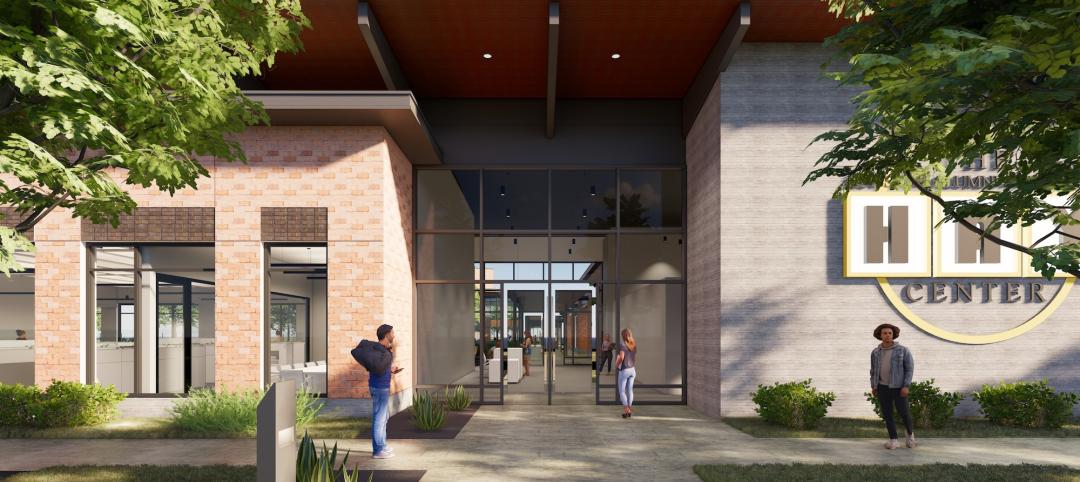Stephen Ayers, FAIA, Architect of the Capitol, has been selected as the 2018 recipient of the Thomas Jefferson Award for Public Architecture. The Thomas Jefferson Award for Public Architecture recognizes architects in the public and private sectors, public officials, or other individuals who design distinguished public facilities and/or who advocate for design excellence. Ayers will be honored at the AIA Conference on Architecture 2018 in New York City.
As the 11th Architect of the Capitol, a position he was appointed to by President Barack Obama in 2010, Ayers cares for the nation’s architectural treasures and uses his prominent voice to advance the profession. His leadership has seen him testify before Congress on more than 50 occasions, where his keen insight on matters of historic preservation, long-range master planning, and sustainability has elevated the discourse on good design to the national level.
A recognized leader in sustainability, Ayers guides more than 2,300 employees and a $600 million budget in the stewardship of some of America’s most important buildings. He oversaw completion of the U.S. Capitol Visitor Center, a project that was well over budget and behind schedule when he was appointed. When he committed to a completion date and final budget — both of which proved to be accurate — Ayers demonstrated to Congress that the country’s architects can lead and deliver. More recently, his restoration of the Capitol dome and rotunda repaired more than 1,000 cracks and deficiencies in the structure.
Ayers has received several design awards from the AIA for his restorations of the Thomas Jefferson Building and U.S. Botanic Garden Conservatory, among others, and initiated and oversaw a comprehensive master plan for the U.S. Capitol complex. The plan was developed concurrently with one for the National Mall, and encompassed the House of Representatives, Senate, Library of Congress, and Supreme Court. His widely recognized sustainability initiative for the Capitol Complex has resulted in a 30 percent reduction in energy consumption across the campus, with a further 20 percent reduction on the horizon. As the voice of the profession at the highest levels of government, Ayers’ commitment to the past and concern for the future enhance projects nationwide.
Learn more about Ayers here: https://www.aia.org/showcases/173916-stephen-ayers-faia
The jury for the 2018 Thomas Jefferson Award includes: Rik Master, FAIA (Chair), USG Corporation; Patrick Burke, FAIA, Columbia University; Lindsey Graff, Assoc. AIA, Ayers Saint Gross Architects; Libby Haslam, AIA, GSBS Architects; and R. Steven Lewis, FAIA, TRC Energy Services.
Related Stories
Market Data | Aug 1, 2023
Nonresidential construction spending increases slightly in June
National nonresidential construction spending increased 0.1% in June, according to an Associated Builders and Contractors analysis of data published today by the U.S. Census Bureau. Spending is up 18% over the past 12 months. On a seasonally adjusted annualized basis, nonresidential spending totaled $1.07 trillion in June.
Healthcare Facilities | Aug 1, 2023
Top 10 healthcare design projects for 2023
The HKS-designed Allegheny Health Network Wexford (Pa.) Hospital and Flad Architects' Sarasota Memorial Hospital - Venice (Fla.) highlight 10 projects to win 2023 Healthcare Design Awards from the American Institute of Architects Academy of Architecture for Health.
Office Buildings | Aug 1, 2023
Creating a nurturing environment: The value of a mother’s room in the workplace
Since becoming an architect, Rebecca Martin of Design Collaborative has drawn a mother’s room into numerous projects. But it wasn't until she became a mom that she fully appreciated their importance in the workspace.
Digital Twin | Jul 31, 2023
Creating the foundation for a Digital Twin
Aligning the BIM model with the owner’s asset management system is the crucial first step in creating a Digital Twin. By following these guidelines, organizations can harness the power of Digital Twins to optimize facility management, maintenance planning, and decision-making throughout the building’s lifecycle.
K-12 Schools | Jul 31, 2023
Austin’s new Rosedale School serves students with special needs aged 3 to 22
In Austin, the Rosedale School has opened for students with special needs aged 3 to 22. The new facility features sensory rooms, fully accessible playgrounds and gardens, community meeting spaces, and an on-site clinic. The school serves 100 learners with special needs from across Austin Independent School District (ISD).
MFPRO+ New Projects | Jul 27, 2023
OMA, Beyer Blinder Belle design a pair of sculptural residential towers in Brooklyn
Eagle + West, composed of two sculptural residential towers with complementary shapes, have added 745 rental units to a post-industrial waterfront in Brooklyn, N.Y. Rising from a mixed-use podium on an expansive site, the towers include luxury penthouses on the top floors, numerous market rate rental units, and 30% of units designated for affordable housing.
Affordable Housing | Jul 27, 2023
Houston to soon have 50 new residential units for youth leaving foster care
Houston will soon have 50 new residential units for youth leaving the foster care system and entering adulthood. The Houston Alumni and Youth (HAY) Center has broken ground on its 59,000-sf campus, with completion expected by July 2024. The HAY Center is a nonprofit program of Harris County Resources for Children and Adults and for foster youth ages 14-25 transitioning to adulthood in the Houston community.
Hotel Facilities | Jul 27, 2023
U.S. hotel construction pipeline remains steady with 5,572 projects in the works
The hotel construction pipeline grew incrementally in Q2 2023 as developers and franchise companies push through short-term challenges while envisioning long-term prospects, according to Lodging Econometrics.
Sustainability | Jul 27, 2023
USGBC warns against building energy code preemptions, rollbacks
In a recent editorial, the USGBC cited a growing number of U.S. state legislators who are “aiming to roll back building energy code standards and/or preempt local governments from advancing energy-efficient building codes.”
Resiliency | Jul 27, 2023
'Underground climate change' can damage building foundations, civil infrastructure
A phenomenon known as “underground climate change” can lead to damage of building foundations and civil infrastructure, according to a researcher at Northwestern University. When the ground gets hotter, it can expand and contract, causing foundations to move and sometimes crack.

















